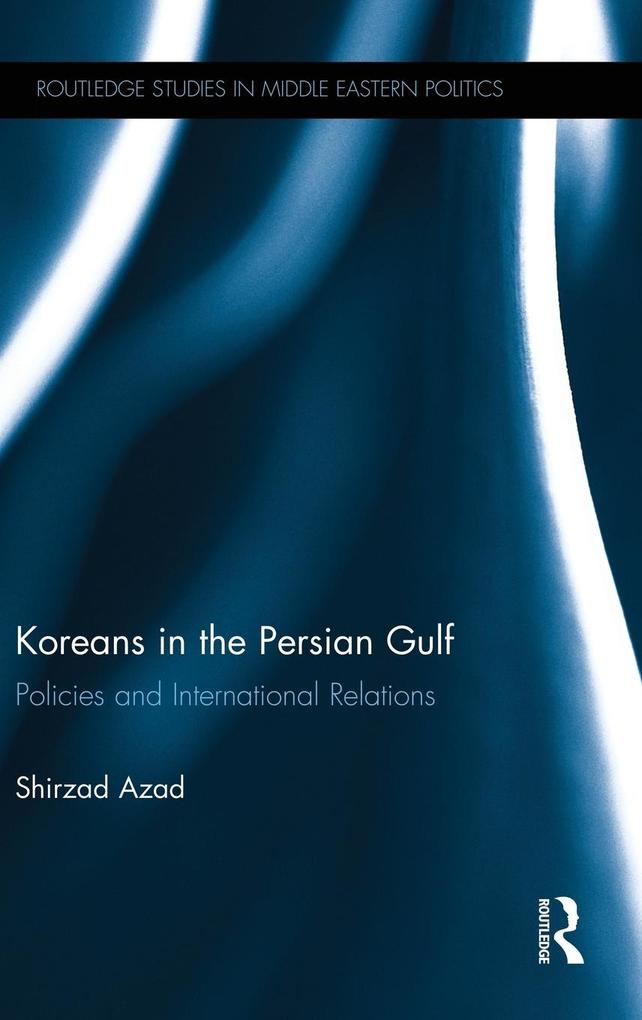
Zustellung: Do, 24.07. - Mo, 28.07.
Versand in 7 Tagen
VersandkostenfreiBestellen & in Filiale abholen:
While taking into account a combination of both external and internal factors shaping the dynamics of the Korean Peninsula's interactions with the Persian Gulf region, this book largely concentrates on the agency factor to analyze the nature and scope of a rather multifaceted relationship between the two areas. The Republic of Korea has, in fact, maintained diverse connections to every single country in the Persian Gulf over the past several decades, and its rather considerable activities and accomplishments in the region all justify such an overwhelming focus. The Democratic People's Republic of Korea's record in the Persian Gulf, however, is mostly limited to its relationship with Iran, though Pyongyang has pursued relationships with some other states in the region. This book studies the elements of Pyongyang's actions in the region as an appendage to South Korea's various political and economic achievements.
Inhaltsverzeichnis
Introduction 1 Early encounters and rivalries: Reaching out to the Persian Gulf 2 The oil boom and the ensuing construction bonanza 3 Coping with crisis: The South's loss is the North's gain 4 Business as usual in an era of transition and uncertainty 5 The pinnacle of success in the midst of new challenges 6 The beachhead: Persian Gulf policy under Lee Myung-bak Conclusion
Produktdetails
Erscheinungsdatum
19. Februar 2015
Sprache
englisch
Seitenanzahl
190
Autor/Autorin
Shirzad Azad
Verlag/Hersteller
Produktart
gebunden
Gewicht
455 g
Größe (L/B/H)
240/161/15 mm
ISBN
9781138842472
Entdecken Sie mehr
Bewertungen
0 Bewertungen
Es wurden noch keine Bewertungen abgegeben. Schreiben Sie die erste Bewertung zu "Koreans in the Persian Gulf" und helfen Sie damit anderen bei der Kaufentscheidung.










